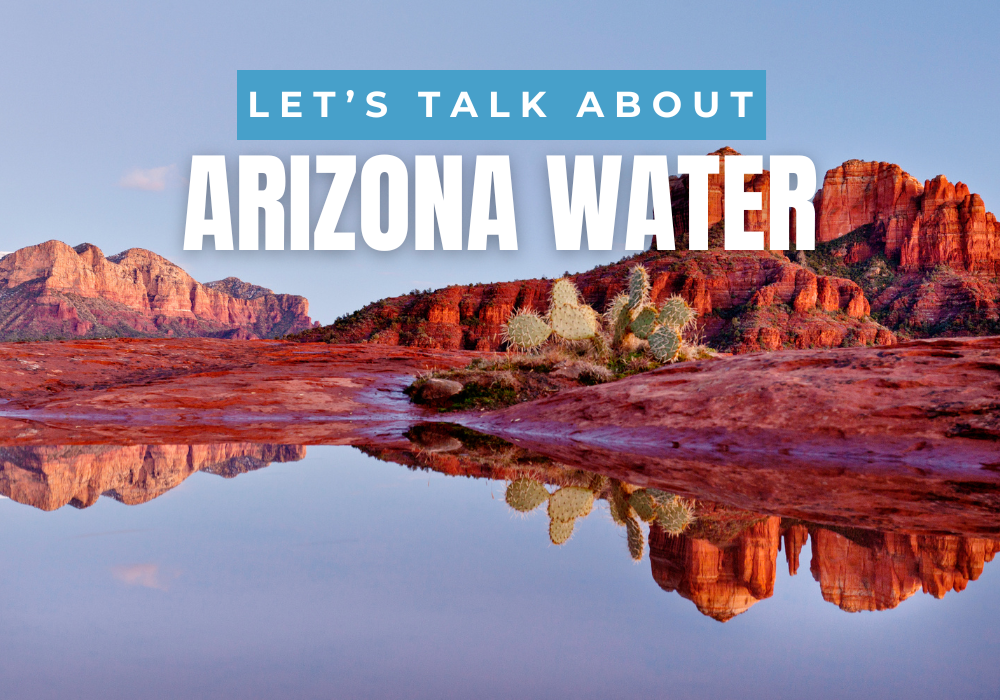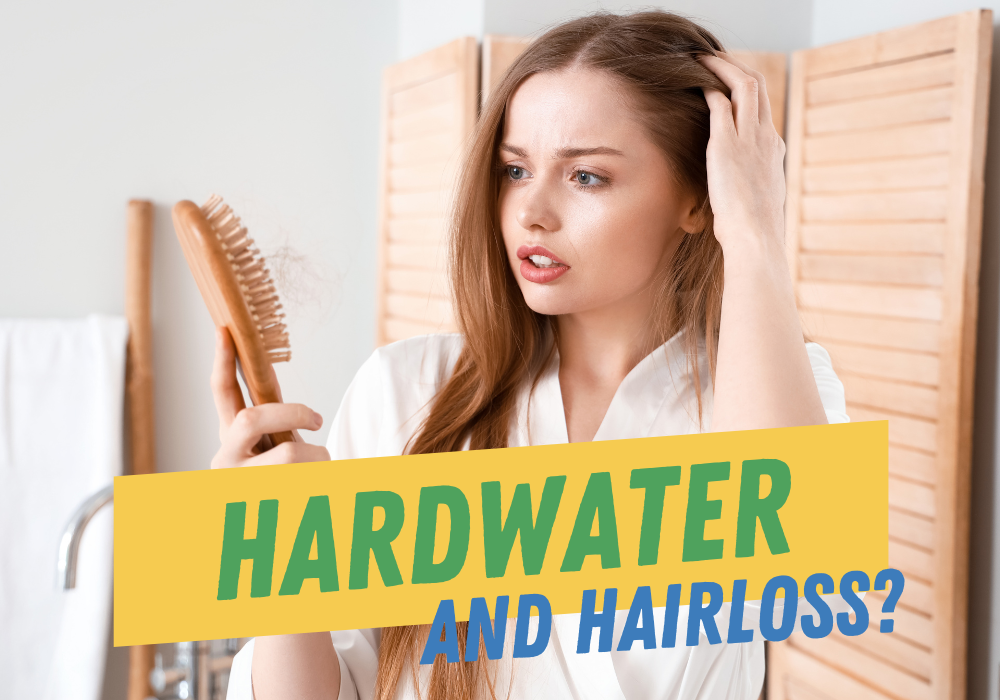Do You Need a Water Softener for Arizona’s Water Conditions?
Arizona’s hard water needs smart solutions for better quality and appliance care. Arizona’s hard water can cause mineral buildup and damage appliances, making water softeners in Arizona essential. With options like hard water treatment, Arizona water filtration, and eco-friendly water systems, you can improve your home’s water quality easily. What is Hard Water in Arizona? Hard water in Arizona contains high levels of minerals like calcium and magnesium, causing scaling and other issues. Arizona’s hard water has high levels of minerals like calcium and magnesium. This can lead to issues like blocked pipes and dry skin. A water softener can lower these minerals and make your water better. For a more eco-friendly option, eco-friendly water systems offer a sustainable solution. Water filtration systems in Arizona can improve the quality of water in your home. Why Does Arizona Have Hard Water? Arizona’s hard water is caused by elevated mineral levels from rivers, lakes, and underground water sources. Arizona’s hard water is a result of its unique natural environment. The majority of water is sourced from rivers, lakes, and underground reserves. These collect minerals like calcium and magnesium. These minerals cause hard water and problems like scaling in pipes and appliances. Here’s how you can fix it: Use a water softener Arizona to remove minerals. Try hard water treatment to protect your home. Add Arizona water filtration for cleaner water. Pick eco-friendly water systems for a greener solution. Fixing hard water helps improve your home’s water quality and saves appliances. How Does Hard Water Affect Your Home and Appliances? Hard water causes scaling, shortens appliance life, increases cleaning effort, and raises energy costs. Hard water can cause multiple problems in your home. It affects your appliances, cleaning, and even your energy bills. Here’s how: Causes Mineral Buildup Hard water leaves calcium and magnesium deposits in pipes and faucets. Over time, this accumulation can block pipes and restrict water flow. Reduces Appliance Lifespan Mineral buildup harms appliances such as water heaters, dishwashers, and washing machines. This decreases their performance and lowers their durability. Increases Cleaning Effort Hard water causes soap scum on sinks, tubs, and tiles. It also makes cleaning tasks take longer and require more detergent. Raises Energy Costs Mineral buildup forces appliances to work harder, using more energy. This causes bigger bills and wasted energy. Affects Water Quality Hard water can alter the taste of drinking water and make it less pleasant. It also affects how soap and shampoo lather and rinse. Do You Really Need a Water Softener Arizona? Yes, water softener Arizona helps prevent mineral buildup, protects plumbing, and improves water quality. Yes, a Water Softener Arizona is a great choice. It minimizes mineral deposits, protects your plumbing, and enhances the efficiency of household systems. This solution also improves water use and lowers maintenance costs in the long run. What Are the Benefits of Using a Water Softener Arizona? A water softener Arizona prevents mineral buildup, improves water quality, extends appliance life, and reduces costs. Using a water softener Arizona offers several benefits: A water softener stops hard water minerals from clogging pipes and damaging appliances. It enhances the taste and feel of water, making it better for drinking, bathing, and cleaning. Softened water helps appliances like dishwashers and water heaters last longer and work efficiently. By preventing scaling, it lowers energy bills and minimizes repair expenses. Modern water softeners offer sustainable solutions that save resources while treating hard water. How Can Arizona’s Water Quality Be Improved? Arizona’s water quality can be improved with filtration systems, water softeners, eco-friendly options, and regular plumbing checks. Arizona’s water quality improvement is essential for better health and home care. Hard water and impurities can cause issues, but the right solutions can make a big difference. Here are some effective ways to enhance water quality improvement: Add Filtration Systems: Filtration systems remove impurities and improve the taste and safety of water. Use Water Softeners: Softening systems reduce hard water minerals, enhancing overall water quality improvement. Pick Eco-Friendly Options: Sustainable options treat water effectively while conserving resources. Check Plumbing Regularly: Checking pipes helps prevent buildup and keeps water flowing clean and fresh. Combine Methods: Using both filtration and softeners provides cleaner, healthier water for your home. What is the Best Water Softener for Arizona’s Water Conditions? The best water softeners for Arizona are Whirlpool WHES40E, DuraWater 48,000-Grain, and salt-free TAC systems. Arizona’s water hardness, rich in minerals like calcium and magnesium, can lead to scale buildup in pipes and appliances. Installing a water softener can mitigate these issues. The Whirlpool WHES40E 40,000 Grain Water Softener is a top choice, offering excellent performance and value. For larger households, the DuraWater 48,000-Grain Water Softener provides a higher capacity and customizable settings. Alternatively, salt-free systems like Template Assisted Crystallization (TAC) are effective in reducing scale without adding sodium to the water. Each of these options addresses Arizona’s water challenges effectively. Choose one based on your home size and preferences for the best results. Consulting with a water treatment professional can help determine the best system for your specific needs. How Can Water Filtration Systems Water Quality Improvement in Arizona? Water filtration systems in Arizona remove impurities, improve taste, and make water safer for everyday use. Water filtration systems improve water quality in Arizona by removing impurities like sediment, chlorine, and harmful contaminants. They improve the flavor and smell of water, making it safer and more enjoyable for drinking, cooking, and everyday use. These systems also help protect appliances and plumbing by reducing mineral buildup and other pollutants. Are Eco-Friendly Water Systems Effective for Hard Water in Arizona? Yes, eco-friendly water systems effectively treat Arizona’s hard water while saving resources and improving quality. Yes, eco-friendly water systems are a smart choice for treating Arizona’s hard water. They provide effective results while being kind to the environment. Here’s how they help: Effectively prevent scaling in pipes and appliances. Use less water and energy, promoting sustainability. Improve water quality without harsh chemicals or salt. Reduce maintenance needs, offering long-term



